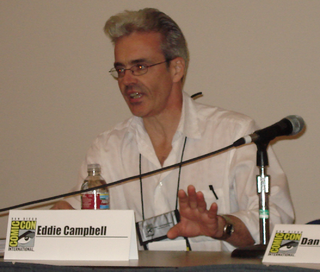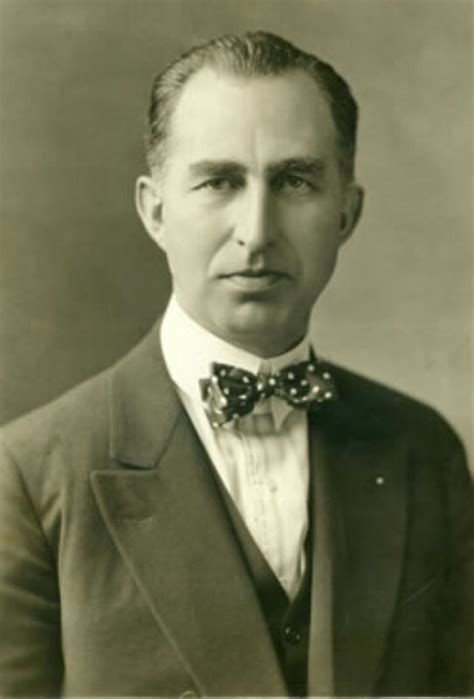A Quote by J. D. Vance
When you write a book, and you argue a problem is complicated and multidimensional, it's very easy to read a slice of that book and say, 'Well, this is the part that either confirms or really challenges my biases, so that's what I'm going to say the entire book is about.'
Related Quotes
I'd say the purest experience for the movie is not to have read the book because I think when you've read the book you're just ticking off boxes. I think that after you see the movie, reading the book is a cool thing. I always say the movie's not meant to replace the book. That's ridiculous. I'm a huge fan of the book.
What I do usually is read the book first, for pleasure, to see if my brain starts connecting with it, as a movie. And then, if I say yes, I read it again, only this time I take a pen and, inside the book, I say, "Okay, this is a scene. I don't need this. I'm going to try this. I'm not going to take this." And then, I use that book like a bible and each chapter heading, I write a menu of what's in that chapter, in case I ever need to reference it. And then, I start to outline and write it. I get in there and it starts to evolve, based on having re-read it again.
You have to surrender to your mediocrity, and just write. Because it's hard, really hard, to write even a crappy book. But it's better to write a book that kind of sucks rather than no book at all, as you wait around to magically become Faulkner. No one is going to write your book for you and you can't write anybody's book but your own.
The best way to get kids to read a book is to say: 'This book is not appropriate for your age, and it has all sorts of horrible things in it like sex and death and some really big and complicated ideas, and you're better off not touching it until you're all grown up. I'm going to put it on this shelf and leave the room for a while. Don't open it.
A travel book is a book that puts you in the shoes of the traveler, and it's usually a book about having a very bad time, having a miserable time, even better. You don't want to read a book about someone having a great time in the South of France, eating and drinking and falling in love. What you want to read is a book about a guy going through the jungle, going through the arctic snow, having a terrible time trying to cross the Sahara, and solving problems as they go.
If you want to write about a person who isn't nice, people say, "This is a bad book. It's about somebody I couldn't stand." But that's not the point. You don't have to like a character to like a book. Most of the time, people would misjudge and say, "I didn't like the book." No, you didn't like the character. That doesn't make it any less interesting of a book. In fact, to me, it makes it more interesting.



































